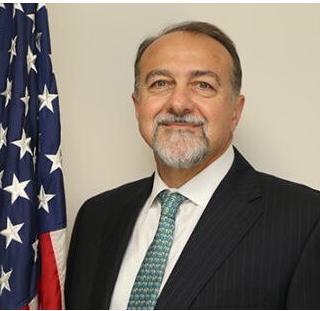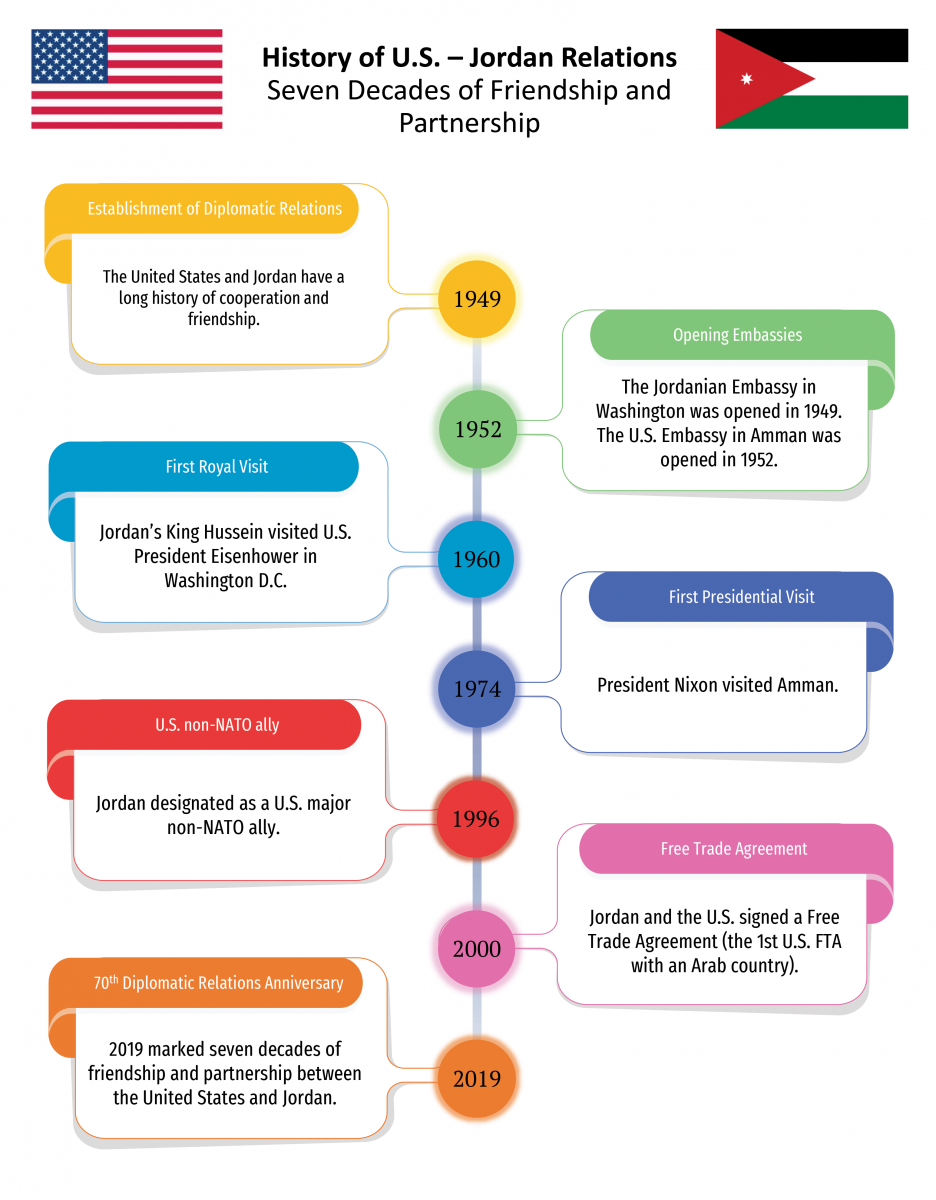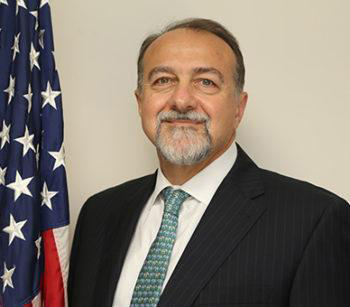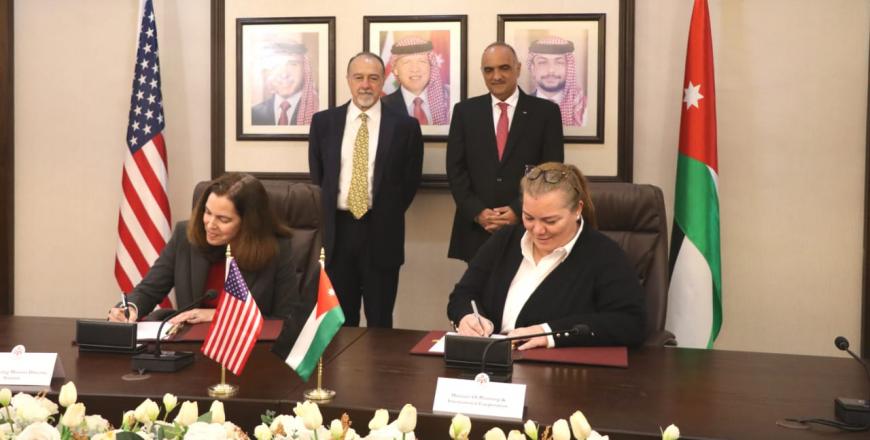You are here
No strings attached to $10.15b US aid package to Jordan — ambassador
By Mohammad Ghazal - Oct 05,2022 - Last updated at Oct 05,2022

Henry T. Wooster
- Water sector to see increased support under US-Jordan MoU
- US awaiting WB financing package details on Lebanon gas-electricity deal
- Regional states ‘do not need to love each other’ for successful cooperation - US ambassador
- Strong, resilient Jordan is key US interest
AMMAN — The $10.15 billion US assistance to Jordan provided under the US-Jordan Memorandum of Understanding (MoU) on Strategic Partnership comes without stipulating conditions, and is intended to support the Kingdom’s water infrastructure and public sector, said US Ambassador in Amman Henry T. Wooster.
Having provided Jordan with more than $17 billion in assistance since 1946, the US is committed to supporting Jordan and the country’s home-grown reforms.
“Nothing about Jordan being wounded, harmed, or weakened helps the interests of the US,” the ambassador told media representatives this week.
“It is no secret that there is a water crisis, not only in Jordan, but also in the region, and the MoU will focus on this sector…it will also focus on the administrative sector and help make it as effective as possible and to make it an instrument that enables the growth of the economy,” said the ambassador.
Under the MoU, the fourth of its kind, the US will provide $1.45 billion per year in US bilateral foreign assistance to Jordan beginning in Fiscal Year 2023 and ending in Fiscal Year 2029.
The assistance under the MoU is intended to support priorities set by Jordanian government.
“We did not set them out for the government of Jordan,” he said, adding that the assistance is meant to reinforce the Economic Modernisation Vision, the Political Modernisation Initiative and administrative reforms.
The MoU also entails providing support for efforts that bolster the country’s water sector, he added.
Assistance to the water sector provided under the deal comes separately from a previous US pledge of $700 million in a combination of grants and loans to support the $2 billion National Water Carrier Project (Aqaba-Amman Water Desalination and Transport Project), which is expected to pump 300mcm of much needed desalinated water to consumers by 2027.
“The funding for the desalination project is separate from the support to the sector under the MoU,” the ambassador said.
With regard to projects involving the sale of Egyptian gas to Lebanon and the supply of electricity from Jordan to Lebanon, the ambassador said that “there has been a lot of negotiations about who will pay and where it will come from. We are waiting on the details from the Word Bank, and to know what the financing package is”.
The US ambassador said the US stance on Syria has not changed, and that the Caesar Act still stands.
“The only way there is going to be an enduring solution to the conflict is through a political solution with all Syrians participating, not just the regime… the sanctions are intended to make circumstances more difficult for the Syrian regime to bring them to the negotiating table. And another point, there should be no normalisation with the regime,” he added.
The ambassador said the US keeps its military personnel in Syria to keep fighting Daesh, as “this is something that we do with Jordan armed forces and other members in the coalition. This continues to be a priority issue”.
“Jordan is a strategic partner for the US… Our paramount interest is making sure that our strategic partner and ally does not come to harm, and that you are stronger and you are more resilient. This is our own interest and yours,” he added.
On regional cooperation, the ambassador asserted that regional integration is fundamental in facing common challenges.
“When a region is integrated — and having more integration is even better — going to war in the region becomes more complicated. History shows that when there is greater integration, we do not see conflict as much; we see less of it,” he said.
The ambassador also noted that regional integration benefits regional economic prosperity, adding that all regional challenges require cooperation. “No one country can succeed by themselves,” he added. “You do not have to love each other, but you have to have a relationship”.
The ambassador also applauded Jordan’s role as a decades-long refugee host country, adding that “what Jordan has done with the Syrian refugees has been nothing short of extraordinary, and this is recognised in Washington”.
In this regard, Wooster noted that the US has provided $12.2 billion in humanitarian assistance for the Syrian people since the beginning of the conflict.

Related Articles
AMMAN — The completion of the fifth economic review under the Extended Fund Facility (EFF) between Jordan and the International Monetary Fun
AMMAN — Jordan and the US on Sunday signed the annual US grant agreement of $845.1 million to support the Kingdom’s budget.Prime Minister Bi
AMMAN — US Ambassador Henry T.


















